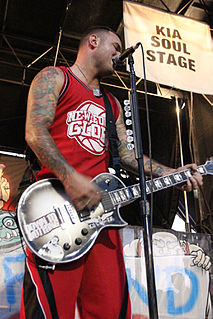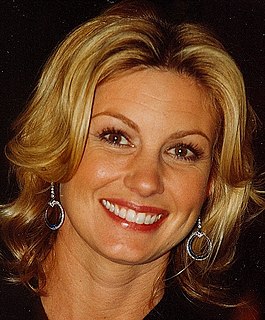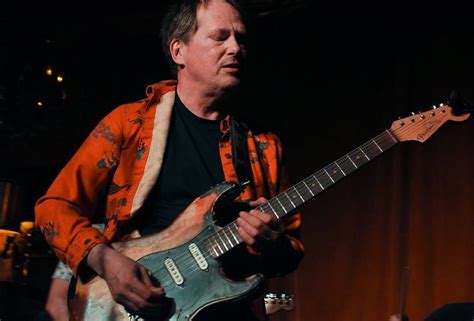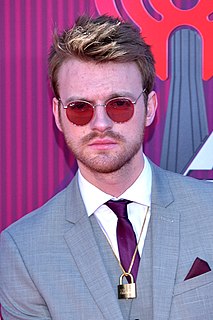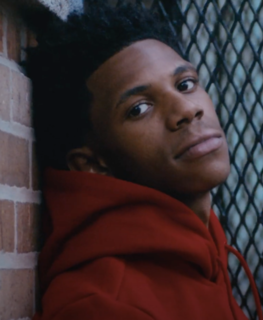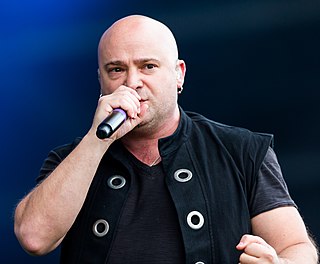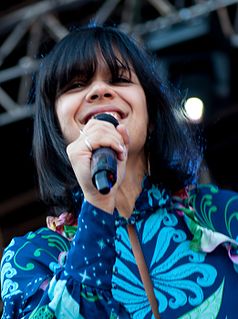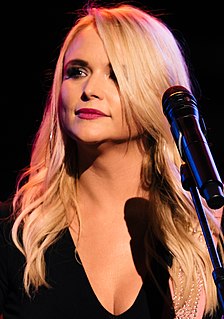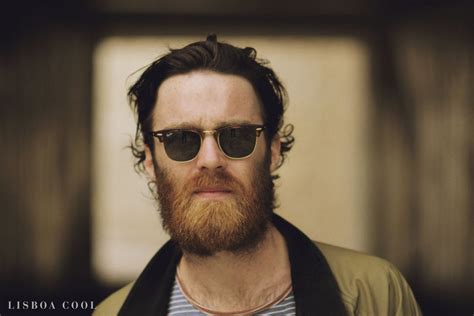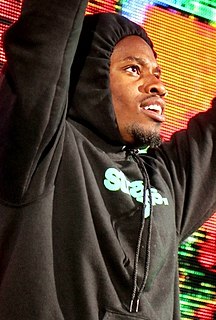A Quote by Chad Gilbert
When you're recording a ninth studio album, you can't fail. You don't really have any fears. You just make the best record that you like. You hope your fans are gonna like it, but if they don't, they have eight other ones to listen to.
Related Quotes
If I have a song that I feel is really one of my best songs, I like it to have a formal studio recording because I believe that something being officially released on a studio record gives it a certain authority that it doesn't quite have if it comes out on a live album or is just a part of your show, you know.
I think the most takes I've ever done would probably be maybe 10, on like a big studio movie where you can do those. But after a while it's like, "It's not gonna get any better, this is what it is," the light's just gonna dull from your eyes. I think the more you do it, the less the actors listen to each other because then you start memorizing the other person's lines and you start getting bored.
I don't really marinate in anybody's album because I don't really want to sound like anybody else when I put my album out. So I'd rather not even be tempted to listen to a bunch of other stuff with any degree of emersion in it, cause I just don't want to sound like anything else, so I kinda focus on my own music.
I call it "being interrupted by success." We had done The Soft Bulletin, which came out in 1999, and we knew we that were gonna make another record before too long. But in between this, we were still in this mode of kind of just - not re-creating what we could be, but kind of doing different things. For the longest time in the Flaming Lips we were like, "Make a record, go on tour. Come back, make another record," and you know, I think, frankly, we were kind of like, "There's more to life than just recording records and going on tour."
The late '60s and the '70s, a lot of this really beautiful equipment was being made and installed into studios around the world and the Neve boards were considered like the Cadillacs of recording consoles. They're these really big, behemoth-looking recording desks; they kind of look like they're from the Enterprise in Star Trek or something like that. They're like a grayish color, sort of like an old Army tank with lots of knobs, and to any studio geek or gear enthusiast it's like the coolest toy in the world.
Guy Picciotto had a really sound point: Live albums basically have bands playing songs that are available on studio records, and what example can you think of where the live album is better? What are the great live albums? I have live albums of bands, but I wouldn't listen to them for the most part. So we thought, instead of spending energy trying to puzzle out how to create a live record, let's just write another studio record.
I think [“Shake It Off”] is awesome! It sticks in your head. I heard it one time and I was, like, singing it all day long! Of course she's gonna go and do a pop record if she wants to. She's an amazing writer so if she comes back tomorrow and says 'I'm gonna make a country record now', we'll listen to that and buy it too! I mean, it doesn't matter. I'm just proud of her for doing whatever art she wants to do; it's gonna be successful it's Taylor Swift! I have a lot of her material on my iPod and I bought the new single. I'm a supporter of hers.
When we came along there was only Decca, Philips and EMI who could really produce a record for you. You had to go through the whole bureaucracy to get into the recording studio. You were in such a humble position, you didn't have more than 12 hours to make a whole album, which is what we did in the early days.
This album is my life, and my life's really not that interesting. It's not "not interesting," but I'm just some dude just like everyone else. But by recording it in an album format, it becomes a product. That's the idea of Built on Glass; it's the relationship between my personal life and the music I make.
Fans don't know what they want. Fans are like, 'Oh, I want the stuff that you did in the last album because I really liked it, and if you don't do that, I'm not going to be your fan no more.' Or they'll be like, 'I didn't like that project. He doesn't sound like him on it,' or 'You're wack. You're mainstream now.'
